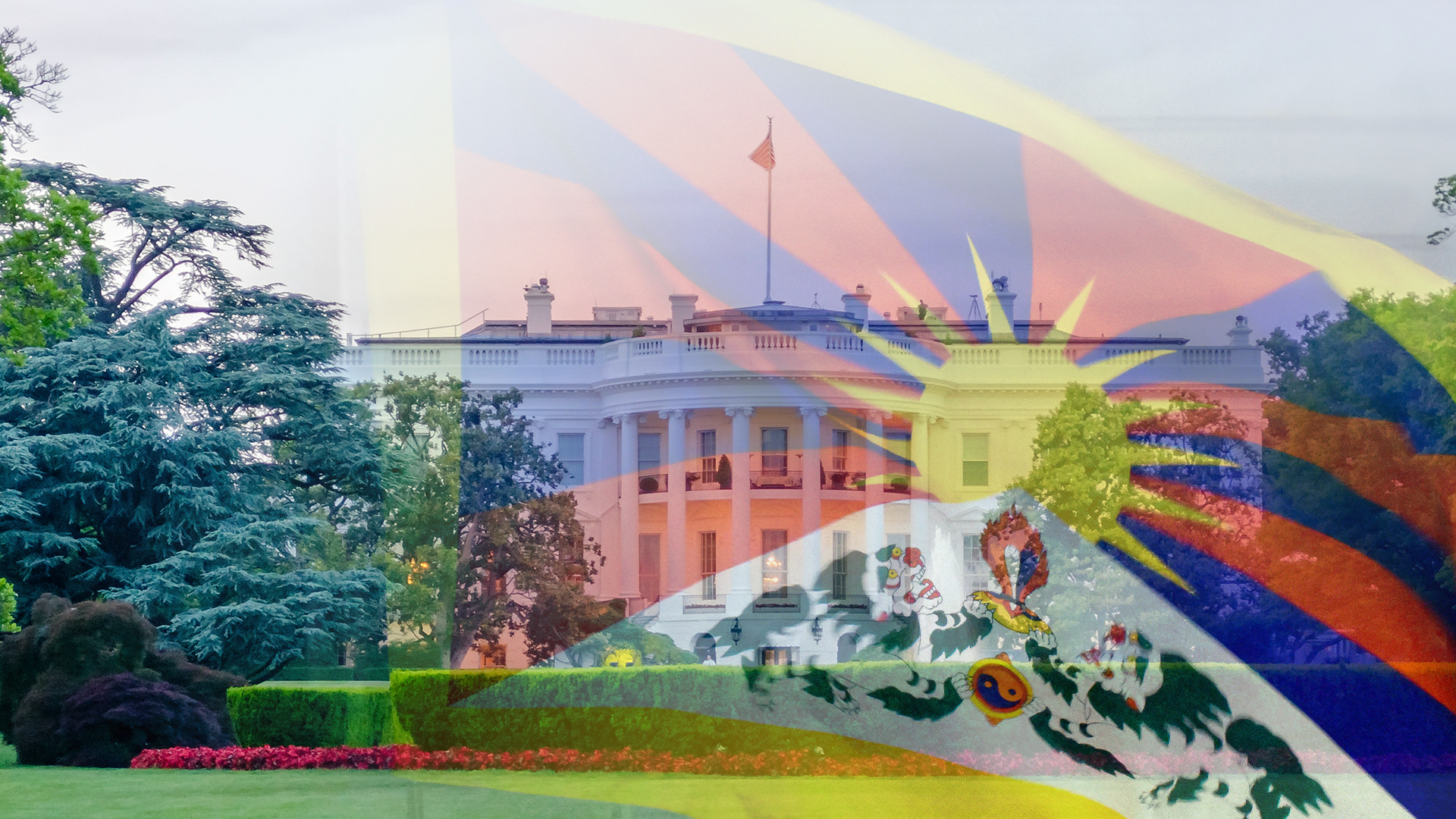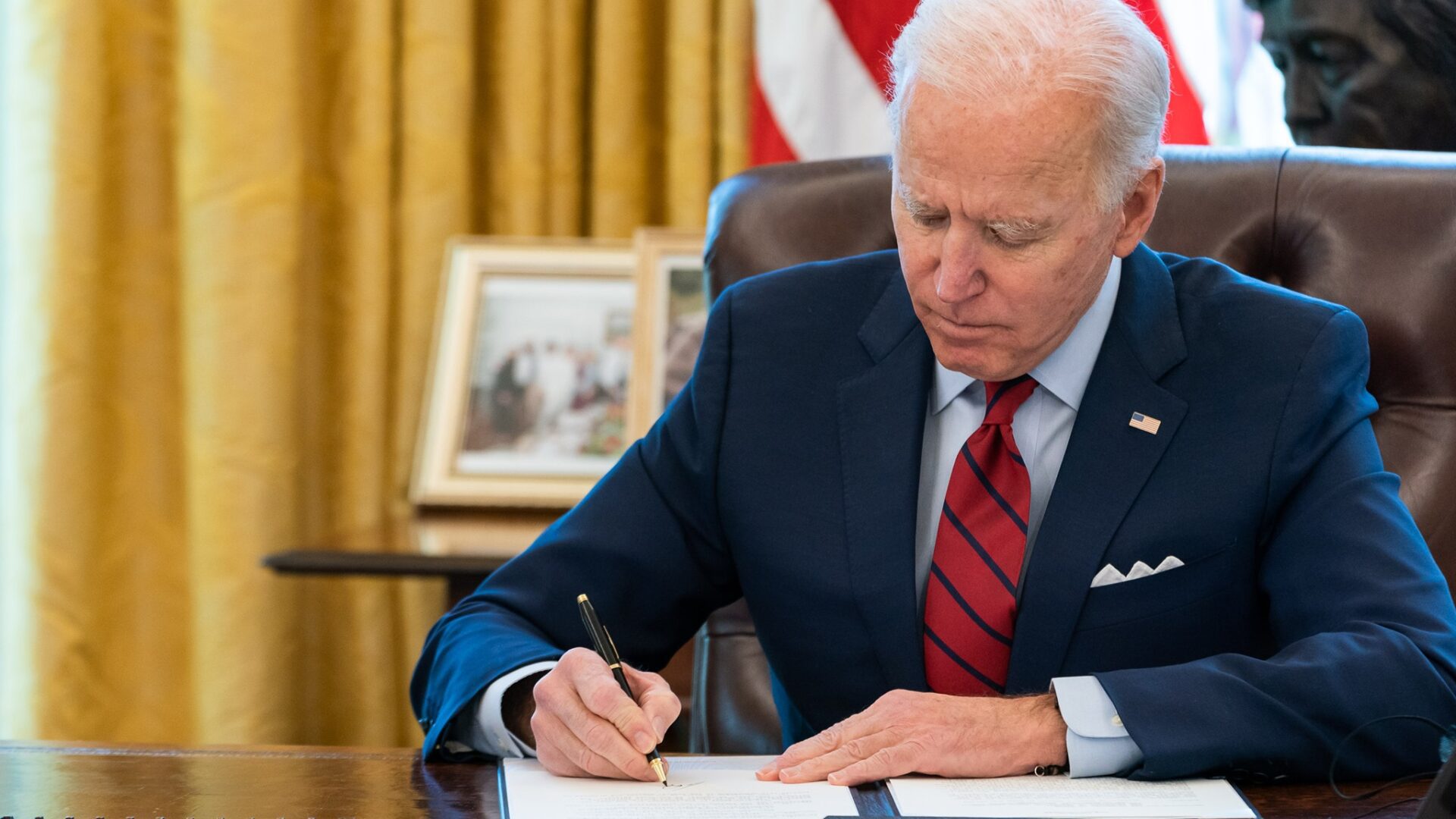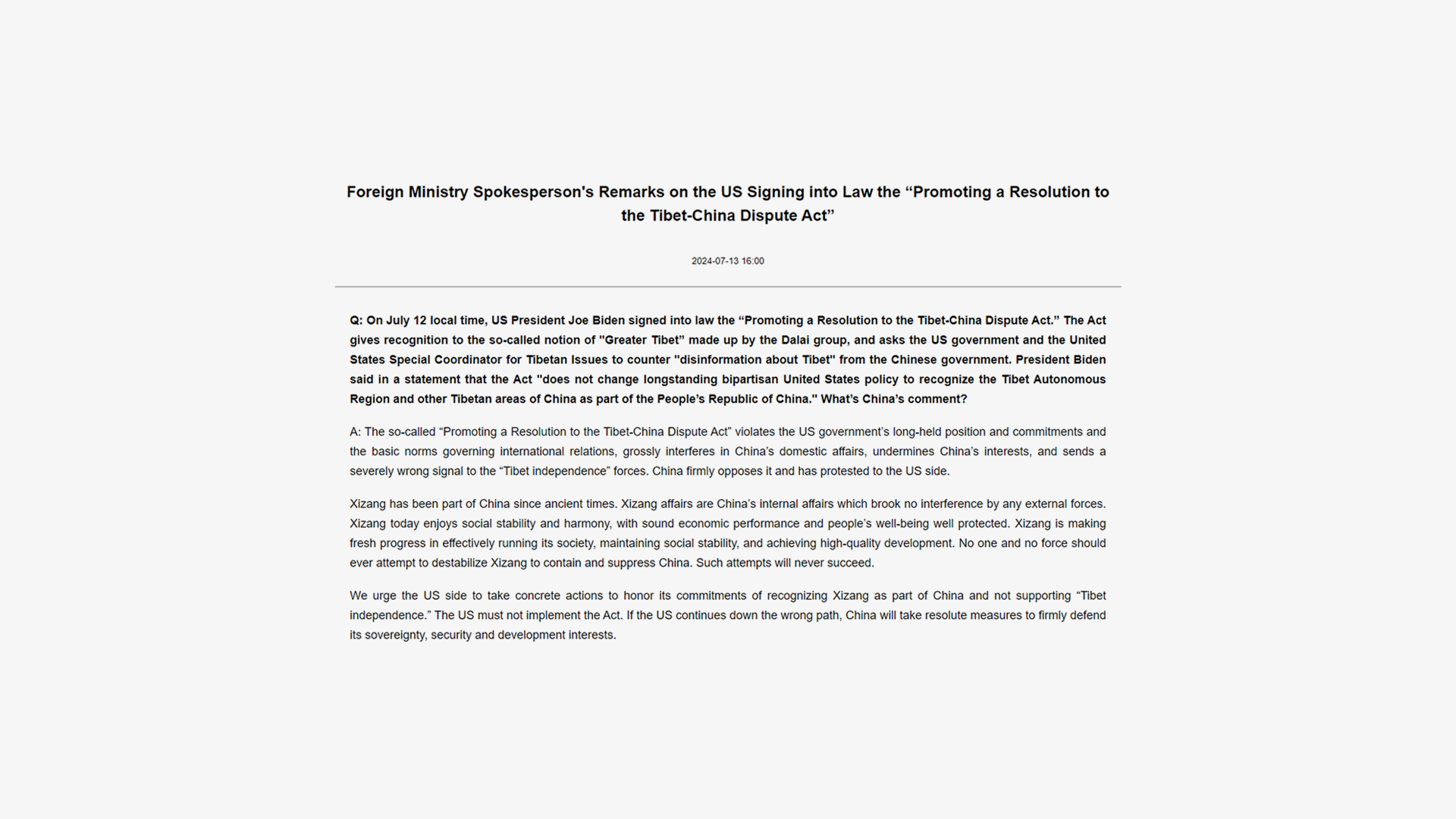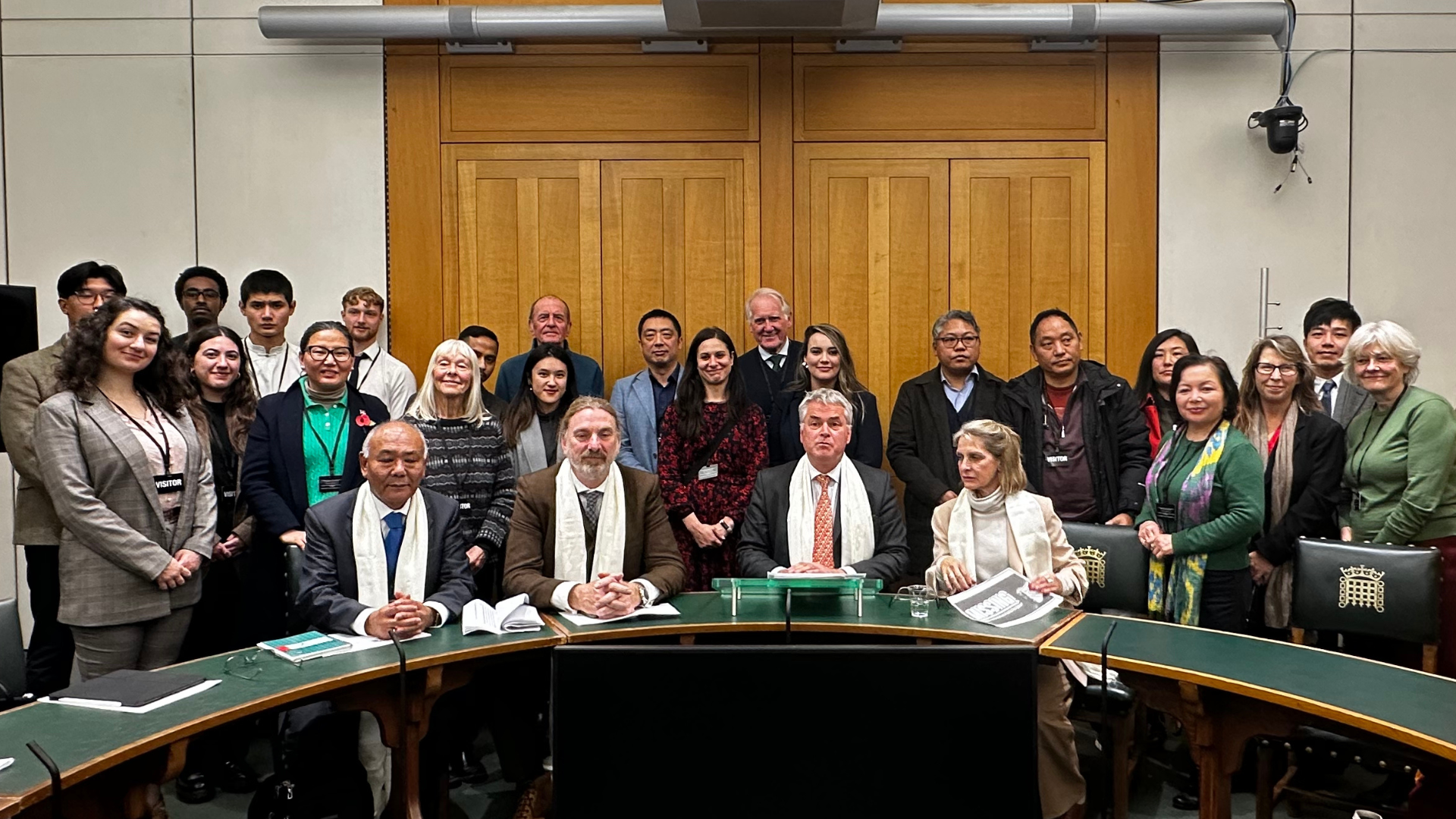Coming less than a week after Tibetans around the world celebrated the 89th birthday of His Holiness the 14th Dalai Lama, this news brought with it a renewed sense of joy and hope to all those advocating for the just cause of Tibet.
There was already much anticipation among the Tibetans about impending big news for Tibet when a bipartisan U.S. high-level delegation, led by Representative Michael McCaul, Chair of the House Foreign Affairs Committee, and including long-time Tibet supporters like Speaker Emerita Nancy Pelosi and Representative Jim McGovern, travelled to Dharamshala for an audience with His Holiness the Dalai Lama – during which they presented His Holiness with a framed copy of the Act on 19 June 2024. China had pressurised the delegation against embarking on this visit, unsuccessfully. The Central Tibetan Administration organised a fitting felicitation ceremony in honour of the visiting delegation where the US lawmakers reiterated their continued strong support for Tibet.
I thank President Biden for signing the Act into law and more importantly all the US House Representatives and Senators for unanimously passing Promoting a Resolution to the Tibet-China Dispute Act and underlining unequivocally strong US support for Tibet and its people. With the prolonged impasse in the Sino-Tibetan dialogue process, since January 2010, this proactive US legislation provides the much-needed impetus to bring China to act rather than let the status quo continue.
China’s response to this was unsurprisingly quick and strong. Its Foreign Ministry Spokesperson remarked that the new US law “grossly interfered in China’s domestic affairs, undermined China’s interests, and sent a severely wrong signal to the “Tibet independence” forces.”






